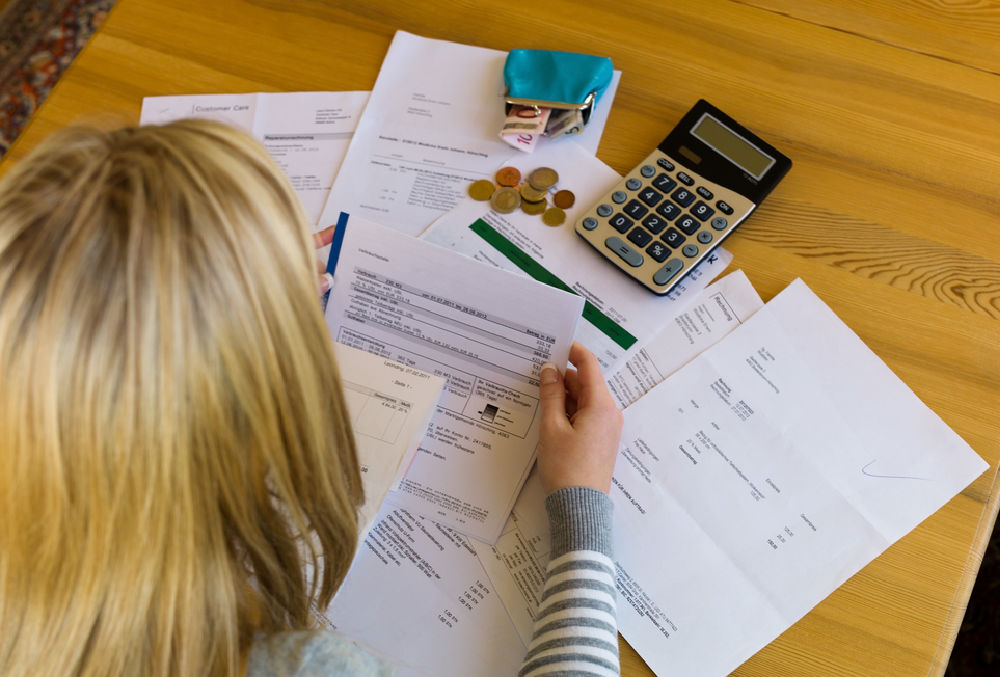Most people enter into bankruptcy because they are experiencing financial hardship. However, though a person can be struggling at the time they file, this does not mean it isn’t possible for their financial situation to greatly improve while they are still paying off their Chapter 13 bankruptcy plan.
If you do find yourself having more money than expected, it’s understandable that you would want to know if an early payoff is a possibility. No one wants to be beholden to their debt if they can simply pay it off and get it out of the way earlier than expected.
Unfortunately, paying off your Chapter 13 bankruptcy early can have consequences and might not even be possible. To understand how this works, it’s helpful first to understand how Chapter 13 bankruptcy payment plans work, which we will get into below.
It’s important to note first, however, that every case is different and depends on your individual situation. So if you have further questions or are ever in doubt, you should consult with an experienced Indiana Chapter 13 bankruptcy attorney in your local area. They can review your case and offer you guidance on the best course of action for your unique situation.
Chapter 13 Bankruptcy and Disposable Income
When you file for Chapter 13 bankruptcy, you enter into a court-approved repayment plan that allows you to make more affordable payments over a three to five-year period. Once a plan is agreed upon, you will sign a contract, which ensures your creditors are paid as discussed over the designated time period.
The amount you are required to pay each month will be determined based on your “disposable income,” which is the amount of money you have left over after paying all of your allowed or reasonable monthly expenses. Thus, you cannot spend your money on just anything and then use what is leftover for the repayment plan. Allowed or reasonable expenses are limited to things like rent, food, utilities, and other necessities.
Your disposable income can also change, which means the amount you are expected to pay for your Chapter 13 repayment plan can also change. For example, if you get a raise at work or start working another job that pays you more but your monthly expenses remain the same, this means your disposable income has increased, and thus your repayment plan amount will increase.
Your income will also determine the time period over which your repayment plan will take place. If your income is less than Indiana’s median state income when you file, you will have to commit to at least a three-year plan. If your income is above the state median income, you will likely commit to a five-year plan.
Paying Off a Chapter 13 Bankruptcy Early
So, can you pay off your Chapter 13 bankruptcy early? In most cases, the answer is no. This is because of what was just explained above, but there are essentially three primary reasons:
- You are subject to the timeframe of your contract. Just because your income has increased does not mean you can just pay everything off early. When your disposable income increases, it means your repayment plan amounts will increase, but you will still be required to make them for the entire time period that was initially agreed upon in your contract.
- You will not be granted a discharge. Part of the contract agreement when you file for a Chapter 13 bankruptcy is that once you have made all payments for the entire commitment period, any remaining debt will get discharged or wiped out. However, if you pay off your repayment plan early, you are essentially breaking your contract and your commitment to making payments for the three to five years, which means you are no longer eligible for your remaining debt to be discharged.
- Your creditors will object to early payoff. If you do want to pay off your plan early, you must not only get court approval, but you must also notify your creditors and get their approval as well. And unfortunately, most creditors will object to this. This is because they know that an early payoff means you are likely making more money, and thus they will want your payments to increase for the full duration of your commitment period rather than letting you payoff early as they get more money that way.
The Exception to Early Bankruptcy Payoff
The only exception to early payoff that courts and creditors will typically allow is if you pay off your initial debts in full. A Chapter 13 repayment plan means your creditors are getting less than what you actually owe. If, however, you start making enough money to pay off your original debt amounts, meaning the full amount of your debt, then your creditors will likely agree as it means they are getting 100% of their claimed amount that is owed.
How Sawin & Shea, LLC Can Help
If you have questions or concerns about your Chapter 13 bankruptcy, the team at Sawin & Shea can assist you. Call our office at 317-759-1483. We understand how confusing, overwhelming, and even scary filing for bankruptcy can be, and we are dedicated to helping our clients achieve the best possible results.



